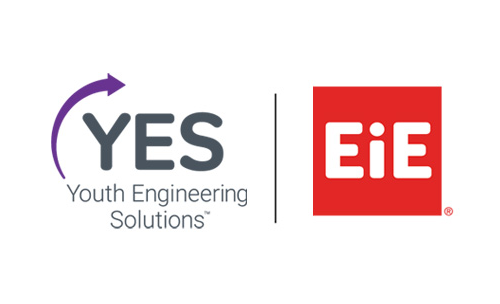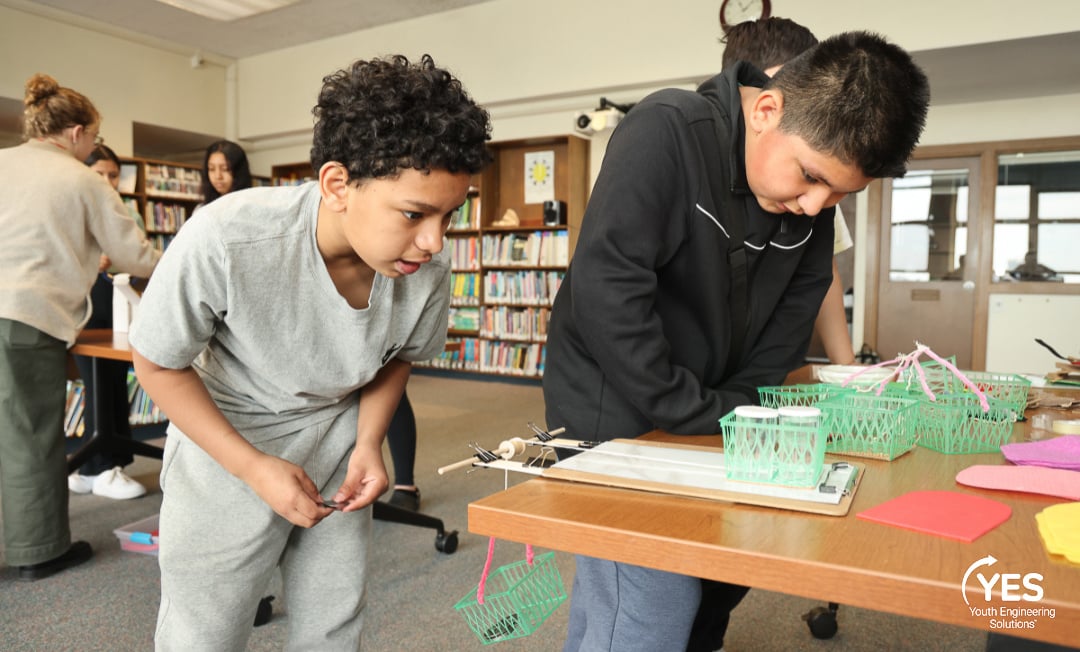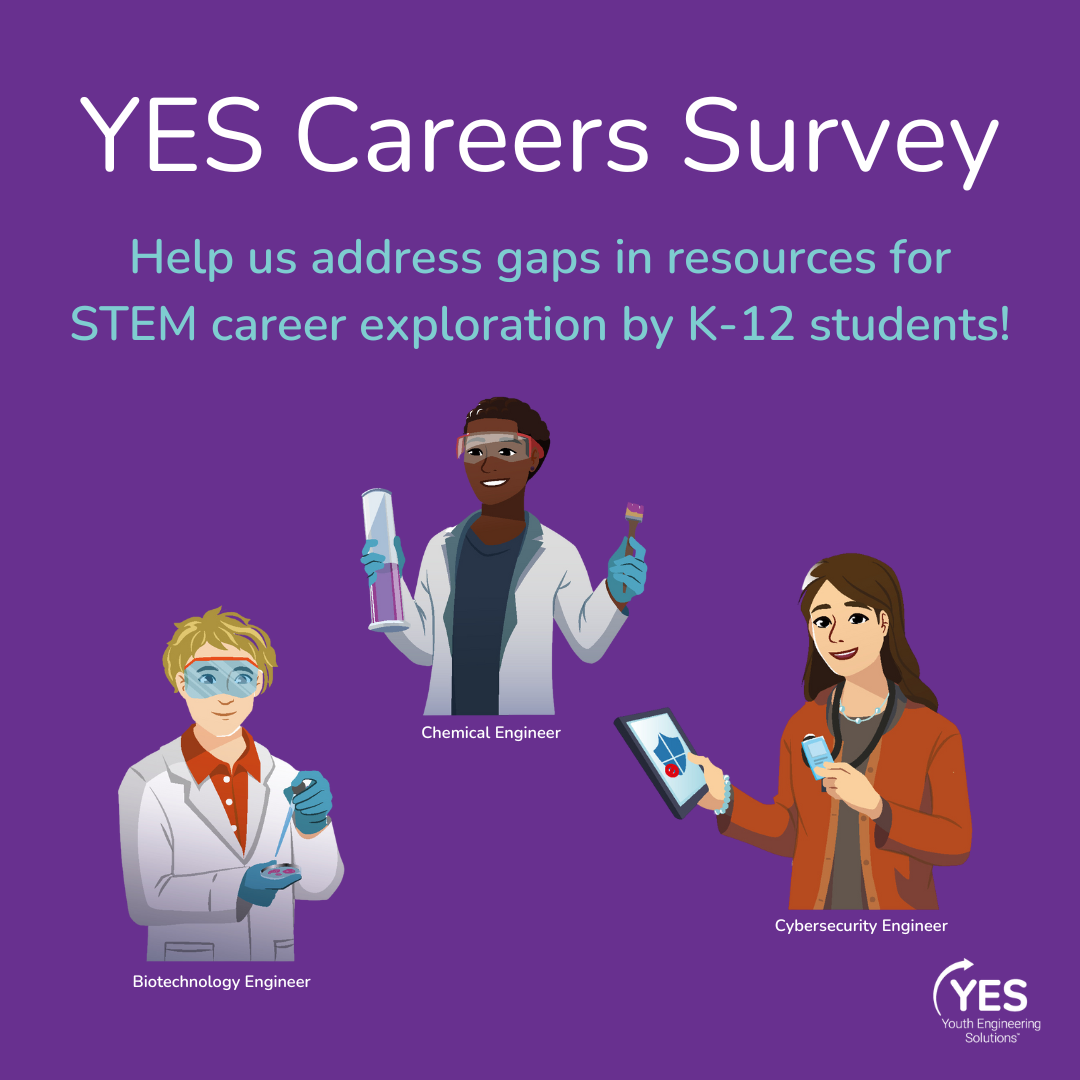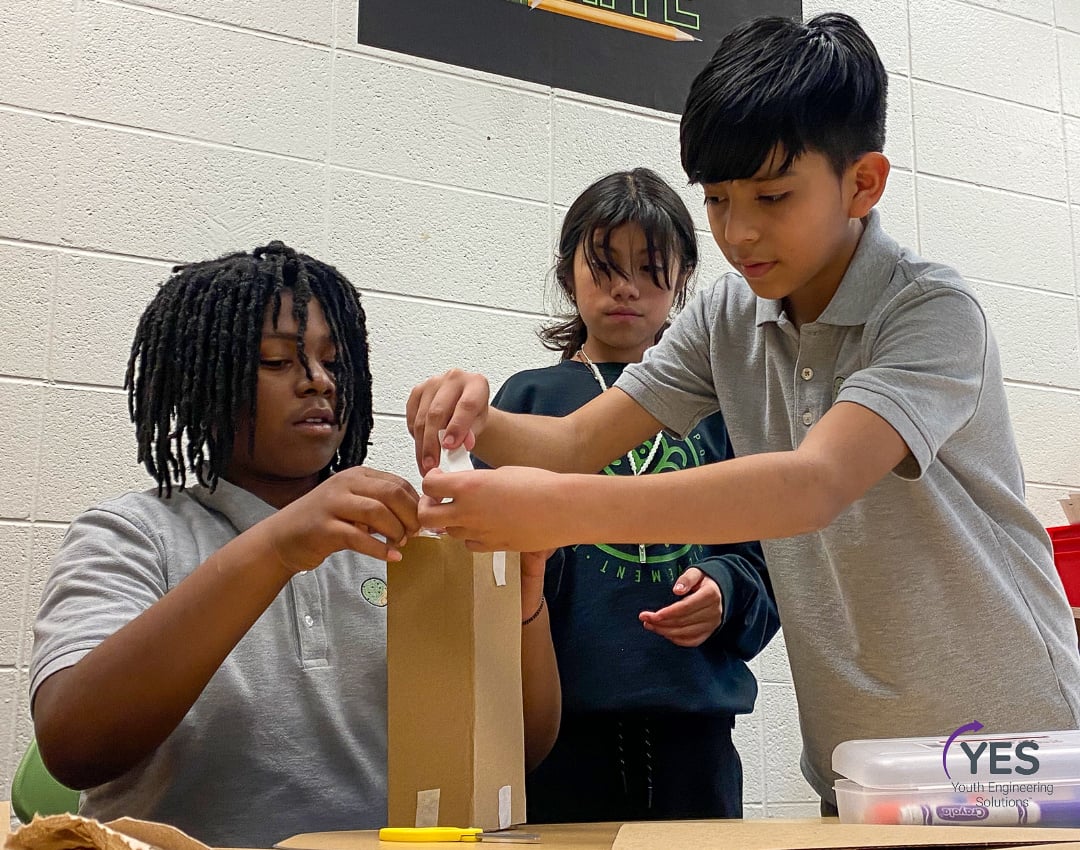The Engineering Design Process was designed with elementary engineers in mind, but did you know it's useful outside the STEM classroom? When used as a problem-solving tool, the EDP process: Ask, Imagine, Plan, Create, and Improve can be used for just about any question your learners come across!
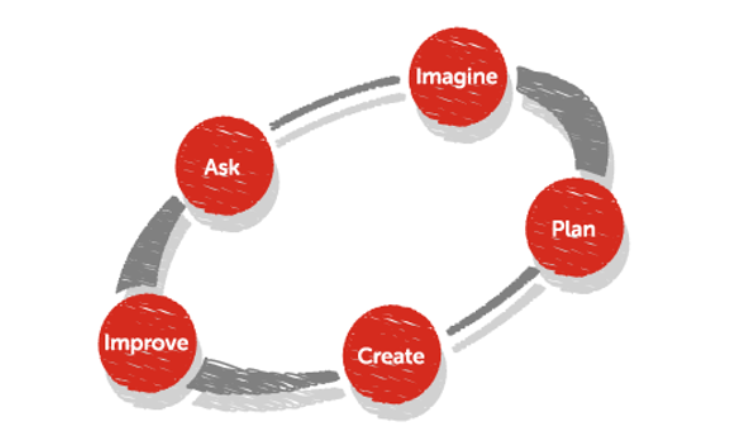
Here are some examples:
Cooking: The EDP is in action at nearly every meal! We ask ourselves what we’d like to eat, imagine what ingredients and kitchen utensils we will need, read or plan a recipe, create the meal with cooking and, after we’ve enjoyed ourselves, think of how we can make it better next time. From early ages, learners can apply these problem solving steps from study time to snack time.
Writing: Most educators teach their students a typical writing process that includes stages such as: “Ideas & Plan,” “Draft,” “Revise,” “Edit,” and “Publish.” This process is much the same as the EDP, just applied to a subject outside engineering! Next time your learners go to write an essay, guide your students through a writing process that uses the EDP’s structure and looks at the problem they are solving for their readers by writing!
Playtime: When young learners build a bed for their stuffed animals, choreograph a dance sequence or create a pulley system to bring their backpack up the stairs, they’re engineering! If you can slow them down for just a moment, you can see the EDP in action: seeing a problem, envisioning a solution and testing ideas to improve it! Creative kids are engineering all the time.
Think you can imagine all the creative ways we use engineering in our daily lives? Take our Engineering IQ test to see if you can spot all the common misconceptions about engineers — And, when you finish, download our free ‘10 Things Everyone Should Know About Engineering’ poster!
